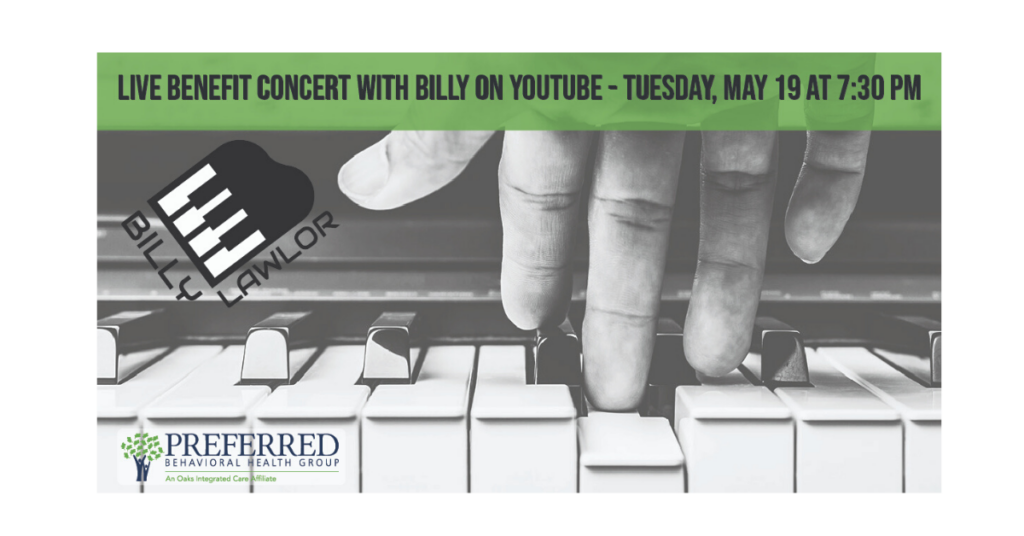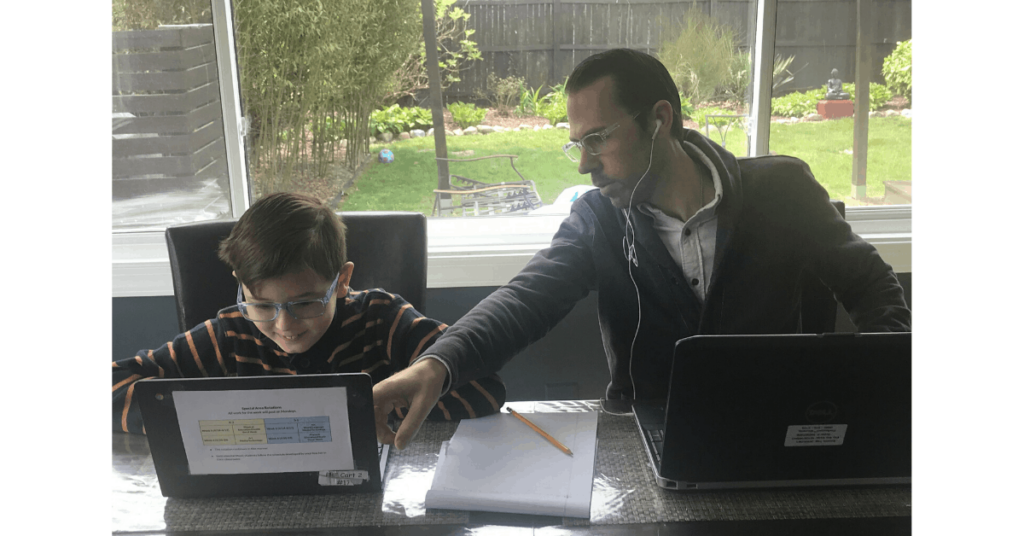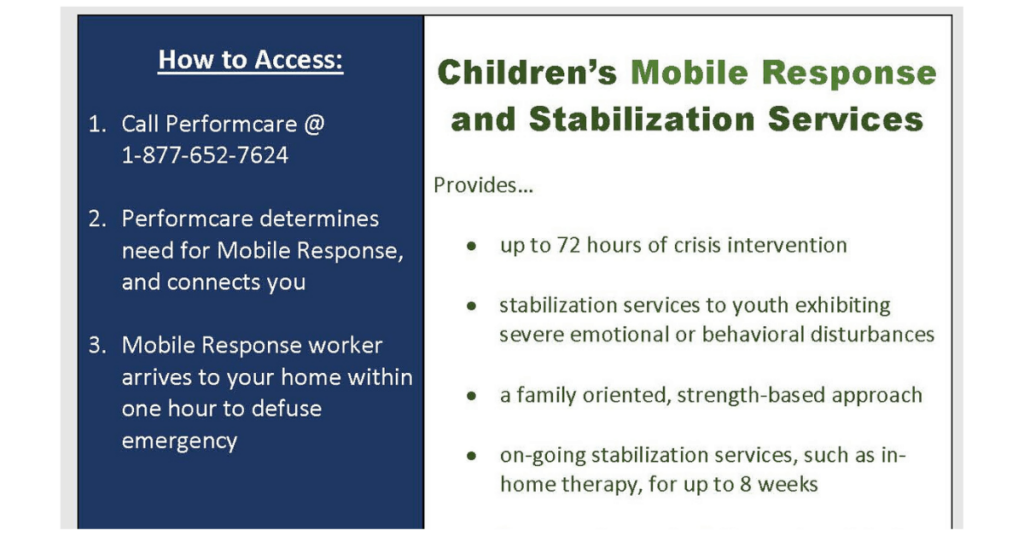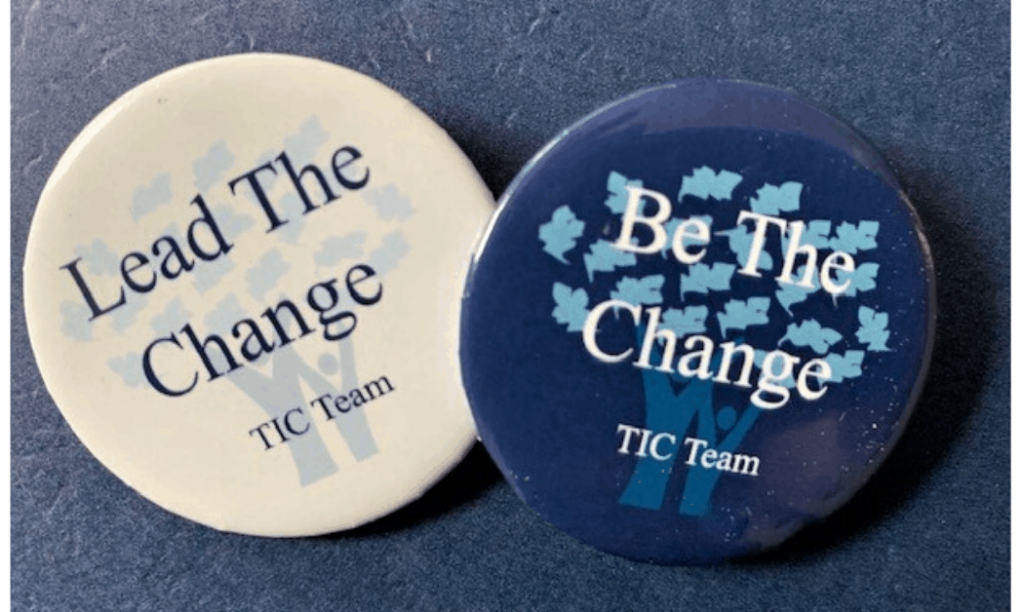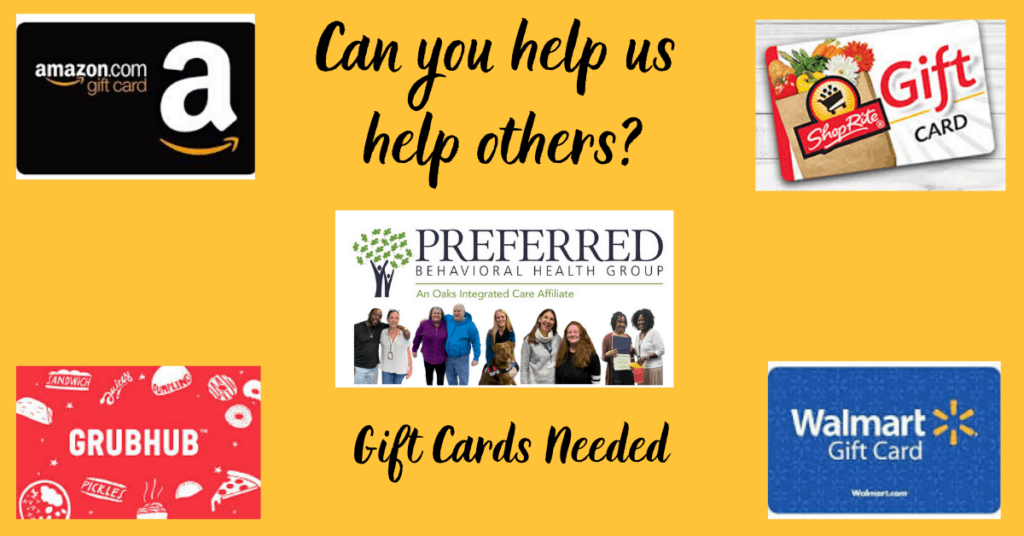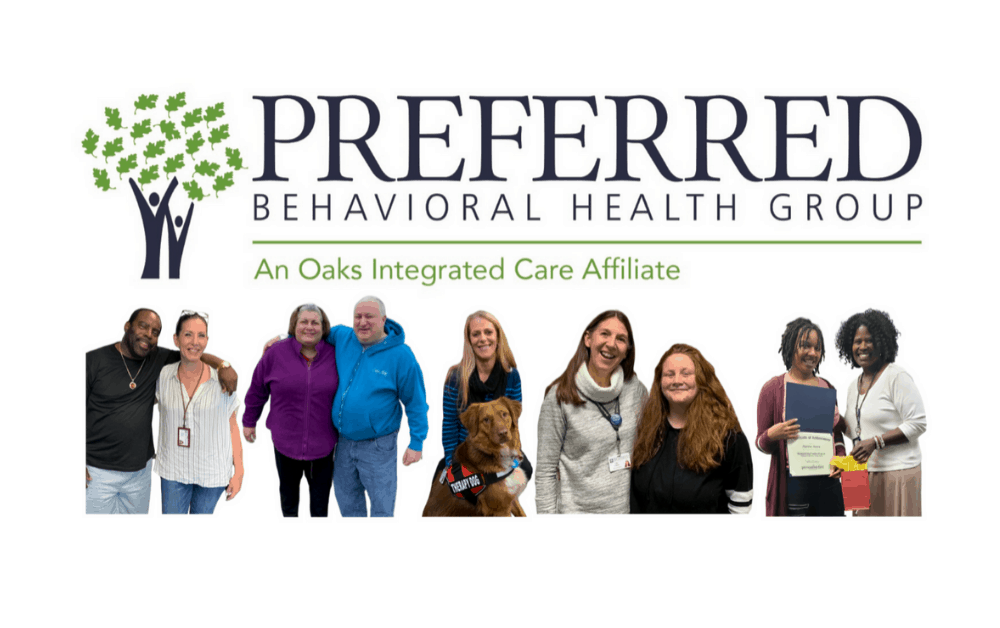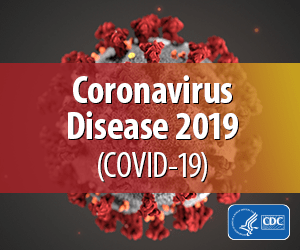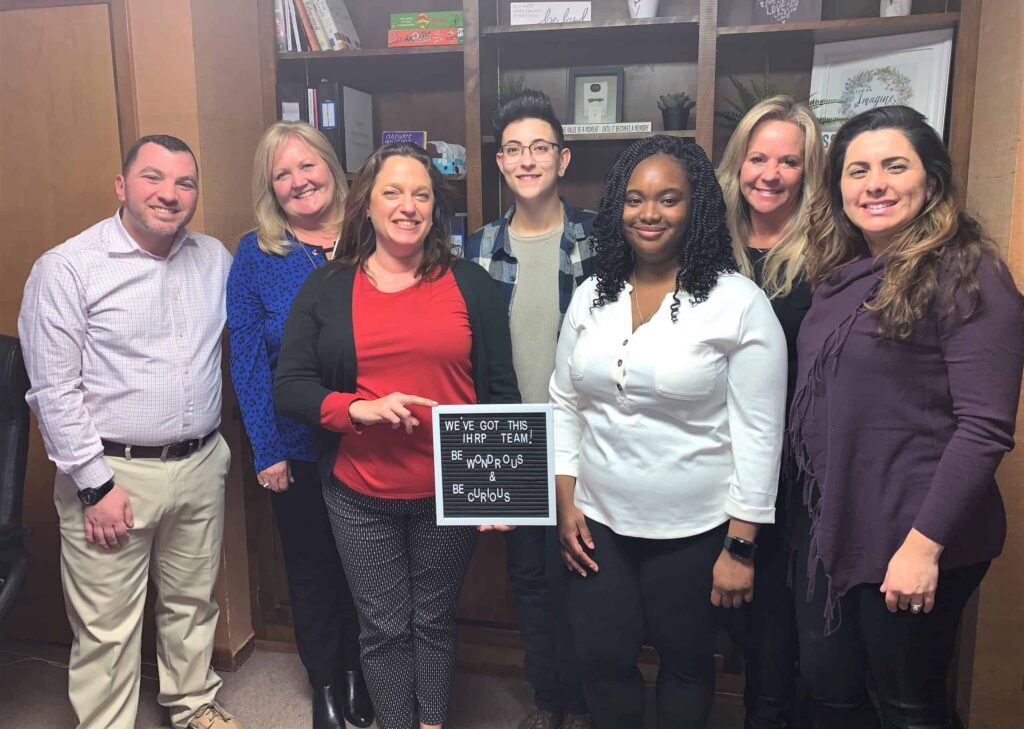Ocean County. April 2020. Many parents have been faced with the challenge of balancing work and family responsibilities during this pandemic. Working from home while managing your childrens’ academic needs can be a daunting experience. At PBHG, many of our staff are facing the same challenges. Today we introduce you to Dave Seegert and his son Miles. Dave directs our School-Based programs in the Brick and Lakewood school systems. Like many parents right now, he spends his days juggling work responsibilities and tutoring Miles. “Yikes,” he says. “Fractions are tough!” Dave’s advice is to “remember to prioritize your daily plan by breaking your work into smaller chunks and to take breaks when needed.” Here are some more insights from Dave: “You don’t have to answer every email in one day or attend every training that is offered. This experience is giving us a different perspective of how we can find ways to enjoy our time. I even found pleasure in pulling weeks from the garden this week, something I would normally dread. Whatever you’re doing, do it mindfully and it won’t feel like work. People, especially kids, thrive on routines. It’s important to stay on the usual schedule you would if you were leaving the house to go to work or school every day. Stick with regular sleep patterns (6-8 hours for adults & 8-10 hours for kids/teens), get dressed out of your pajamas, and create a balanced routine that includes work, exercise, creative time, family time, cleaning, and getting outside. Create a big chart that your kids can easily see giving them an hour to hour plan that will help them (and you) have a focused and predictable routine, as if they were in a real classroom. Also remember that it’s ok to stay flexible with the routine at times, in order to meet the needs of your family and yourself, but resist the urge to get into bad habits of working all hours of the day into the night and relentlessly sitting in front of a screen. Now more than ever is the time to create good habits that you can keep when life gets back to normal and we feel too busy to make changes. A lot of good things can come from this time of quarantine if we all learn to live differently by putting our physical and mental health first, prioritizing our family obligations, setting boundaries with the work-life balance…Which will be the most valuable lesson we can teach our kids as these same habits will also shape them into being healthier adults.” Dave Seegert is a New Jersey Licensed Clinical Social Worker and in addition to being the Director of the School Based Youth Services Program, he is the clinical supervisor of the PBHG Visitation Program and maintains a private practice. Dave originally started with Preferred in 2000 and has worked in his current role since 2006. In addition to traveling with his family, he also enjoys coaching soccer, hiking, and building things. He can be reached at dseegert@brickschools.org. The School-Based Youth Services Programs promote healthy youth development. Normally, they are conveniently located within the school setting, where students feel comfortable accessing a full array of behavioral health and social services. The services include, but are not limited to: individual, group, and family counseling, case management, substance abuse services, college exposure, job readiness training, and recreation. Locations are: Lakewood High School, Brick Township High School, Brick Memorial High School, and Veteran’s Memorial Middle School. While schools are closed, the counselors are staying in touch by phone, video counseling, and social media until the schools reopen. Brick parents and students can connect right now on Instagram #brickschoolbasedprogram and Twitter @brickschoolbase For more information, contact Dave at dseegert@brickschools.org.
